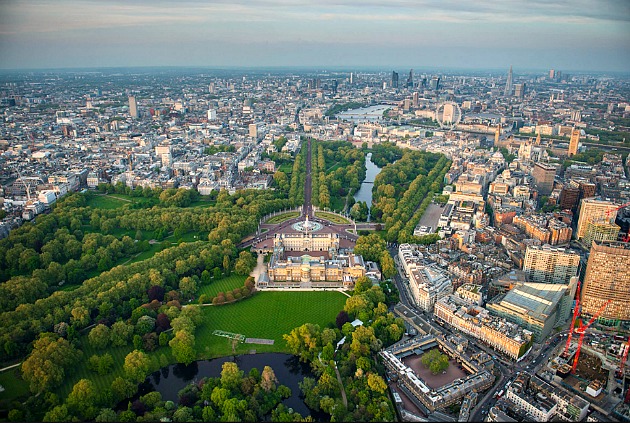The sky didn’t fall in. The birds are still singing. And unless your name is David Cameron, you probably emerged from the Brexit vote pretty much unscathed.
Without doubt, the prime market in Central London had already been cooling in recent months, courtesy mainly of George Osborne’s punitive stamp duty. He is, at last, dusting down his CV.
But as for any Brexit effect, we haven’t seen one (albeit at this very early stage). Indeed, the FT reported that as many houses sold in July as in June; the vote did not trigger any great pull-out of transactions, and that’s been our experience here. The FT also reported an RICS survey in July, with agents and surveyors making optimistic noises, once the dust around Brexit and sterling had settled.
The fundamentals remain the same. London continues to be one of the best capitals in the world in which to live. If you have a family, you need great schools, which we certainly have, and an environment that is essentially secure and well ordered. For sheer quality of life, this is the land of Trooping the Colour, Wimbledon, Glastonbury, England’s 3-0 series whitewash of Australia in the rugby and, as we’ve just seen, the home of superhuman Olympians. And if you’re a property investor, London offers stability, a safe haven, opportunity and a sound legal system to support you.
Over the last 50 years, and throughout numerous peaks and troughs, our dictum has always been that ‘quality will out’. Prime property is exceptionally resilient, and although Brexit may present numerous hurdles ahead, we see much to be optimistic about.
I’d go along with City AM, who wrote in early August: “With our new chancellor renowned as a safe pair of hands, and a remarkably measured approach to maintaining liquidity in housing markets from the Bank of England… London residential property – as it has for centuries – still represents a sound investment over the medium to long term, offering returns of around 8-12 per cent over the next five years.”
